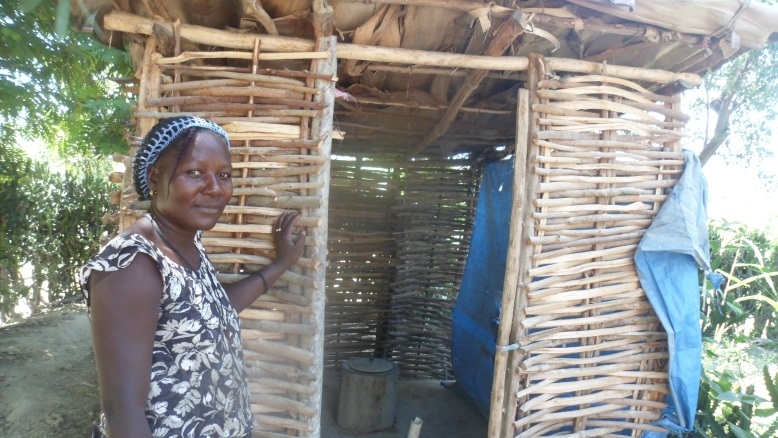Challenge
Access to basic social services is very limited in Haiti. Families living in remote rural areas lack such essential services as water and sanitation, health services, quality education for their children, and income-generating opportunities. Many Haitians also suffer from poor hygiene practices, malnutrition, and food insecurity. The lack of financial resources and absence of coordination by Government has left non-governmental organization (NGOs) and faith-based organizations as the sole providers of essential social services in most of the country. Existing programs have low coverage and are often of ad hoc or limited nature (covering a small geographical area or narrowly defined set of beneficiaries). As a result, social interventions are fragmented, underfunded, and uncoordinated, limiting any real impact on the poor.
Solution
The World Bank-funded Haiti Nutritional Security and Safety Nets project (NLTA) supported training, information sharing, and policy dialogue on a national framework for service delivery using community workers. The project also used the Bank’s convening power and technical expertise to promote a dialogue on cash transfers and income support programs, identification systems, targeting, disability services, and hygiene education to combat cholera. This, in turn, enabled the Government to leverage financing from the Rapid Social Response (RSR) Trust Fund to implement the new service delivery model.
Results
The project’s assessments resulted in policy discussions and actions to improve the following areas:
- Nutritional security (conditions, programs, and policies).
- Social safety nets (coverage, type, and funding).
- The effectiveness of community workers (roles and possible improvements).
- Cash and food transfer programs.
These assessments led to the development of a national nutrition policy and the conceptualization of a national framework to address malnutrition and food insecurity. They also contributed to (i) the development of a national targeting tool, which will allow the Government to identify the poorest and most vulnerable Haitians, and (ii) the design and implementation of the Kore Fanmi service delivery model. Kore Fanmi has, so far, reached 65,000 citizens (13,000 families) in three rural communes in the Center department and has provided vaccinations, nutrition services, oral rehydration salts, long-lasting insecticide-treated malaria bed nets, and life-saving commodities (such as soap, water treatment tablets, micronutrients, and food supplements) to poor and vulnerable families.
Bank Group Contribution
The Bank supported the project with a US$456,570 grant, which funded staff costs, consultant’s contracts, trips, dissemination events, and publications. The Trust Fund for Environmentally and Socially Sustainable Development (TFESSD), funded by Finland and Norway, also supported the project.
Partners
The project included partnerships with various non-governmental organizations (NGOs), the Government of Haiti, United Nations Children and Emergency Relief Fund (UNICEF), the World Food Programme, and the United States Agency for International Development (USAID). The project also played a key role in leveraging funds from the Rapid Social Response (RSR) Trust Fund to implement the Kore Fanmi service delivery model and to support development of a social protection system.
Moving Forward
The Bank-supported project, Improving Maternal and Child Health through Integrated Social Services, will expand the new Kore Fanmi service delivery model. Bank support for social protection will continue through a new project, Moving Toward a Social Protection System in Haiti, supported by the RSR Trust Fund. This grant will build on completed activities and support the Government in moving toward a social protection system through the construction of the basic building blocks (a common targeting tool, unified social registry, and a social protection strategy, among others).
Beneficiaries
The Déismé family of 13, like the majority of families in rural Haiti, used to practice open defecation. Through a communication campaign provided by the Kore Fanmi agent, James Noel, and other agents like him to nearly 3,000 families, the Déismé family realized the importance of using a latrine. They were one of nearly 400 families that decided to use their own resources and labor to build a latrine. The family now uses the toilet and keeps clean. Madame Déismé said, “I give more importance because my bathroom is my own and I realized it.” The Kore Fanmi agent said that the Déismé family sensitized other families in the neighborhood, which then also dug holes to eradicate the root causes of diarrheal illness in the community.

